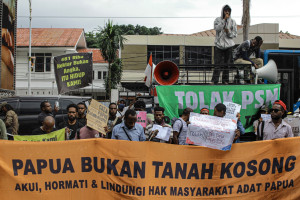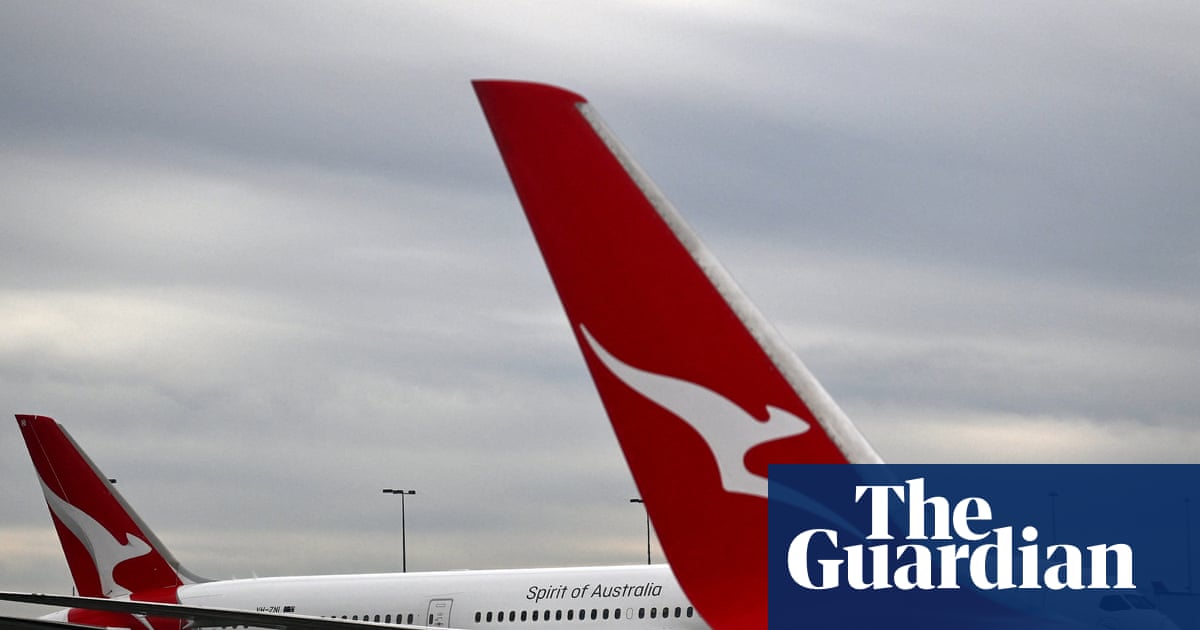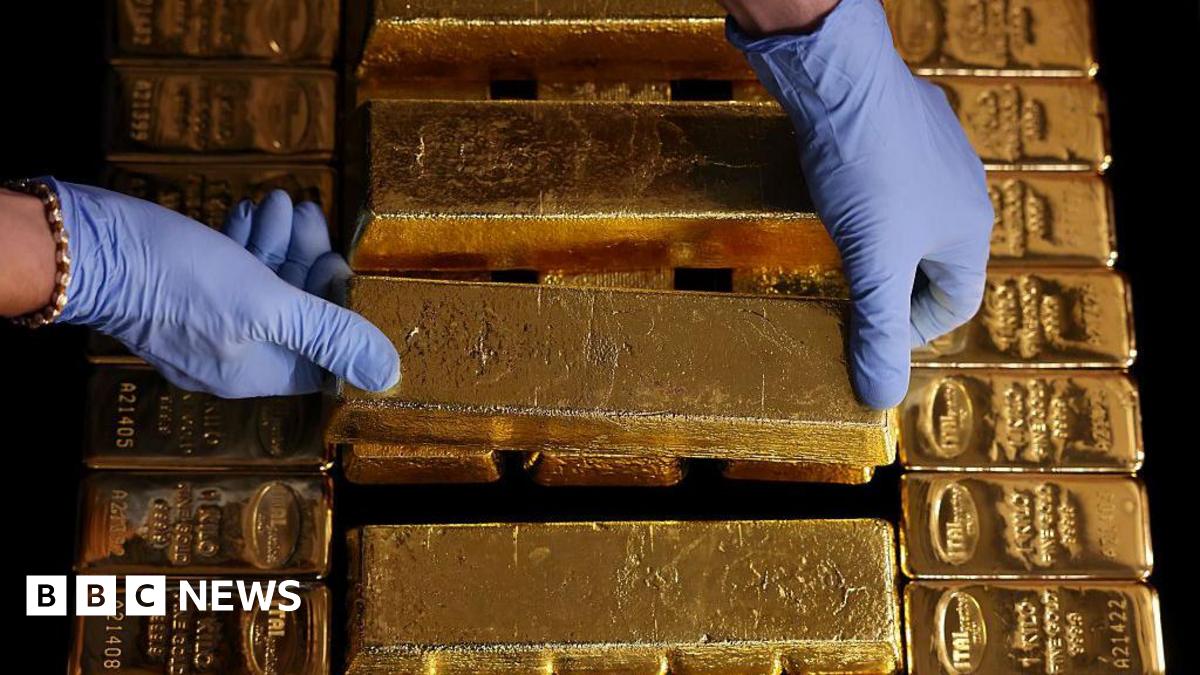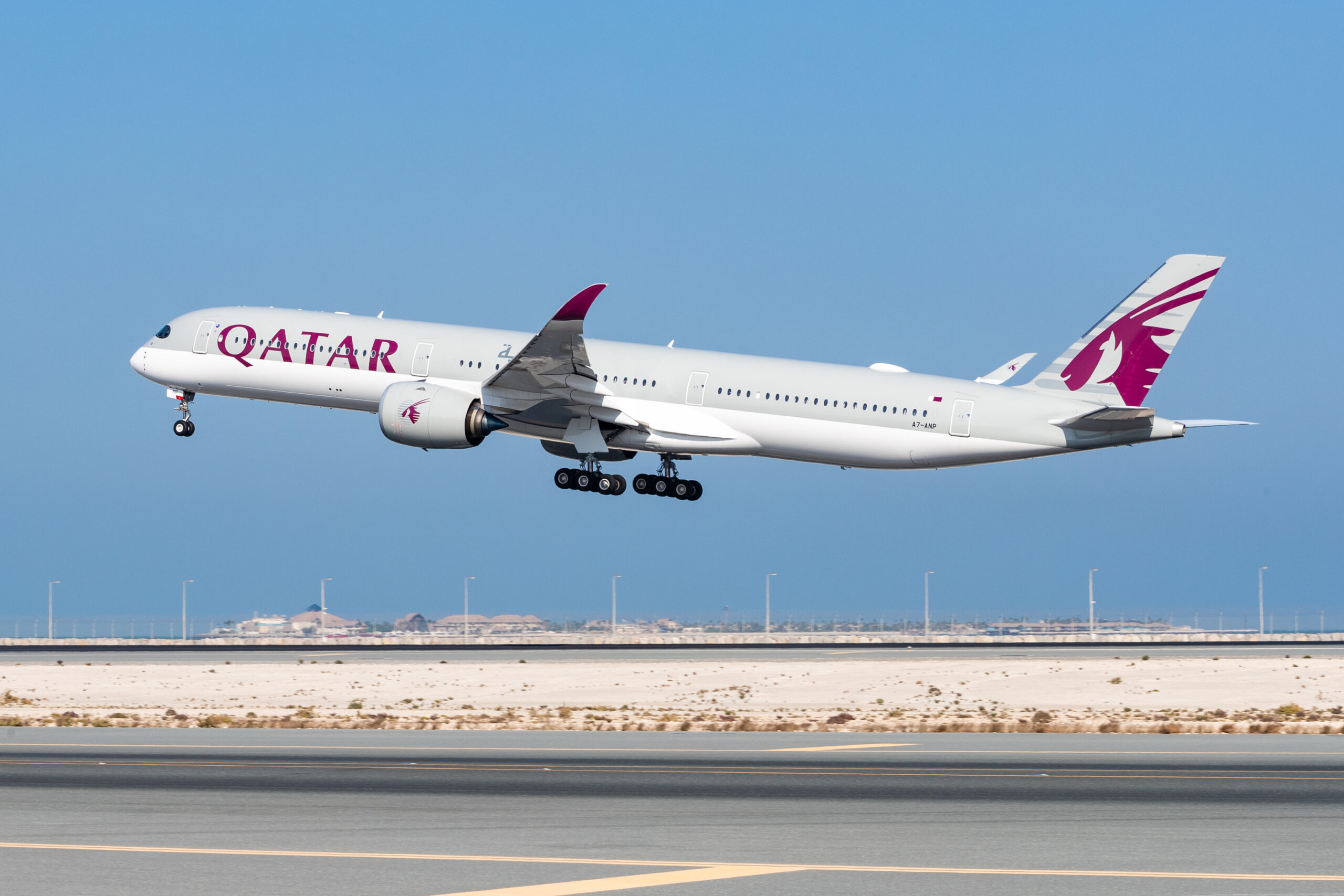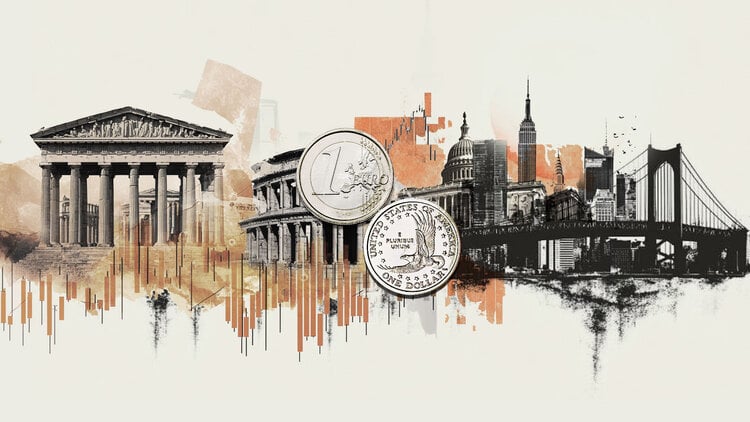Russia's Stocks Crash: Is the Peace Deal with Ukraine Dead? Unbelievable Decline Shocks Investors!
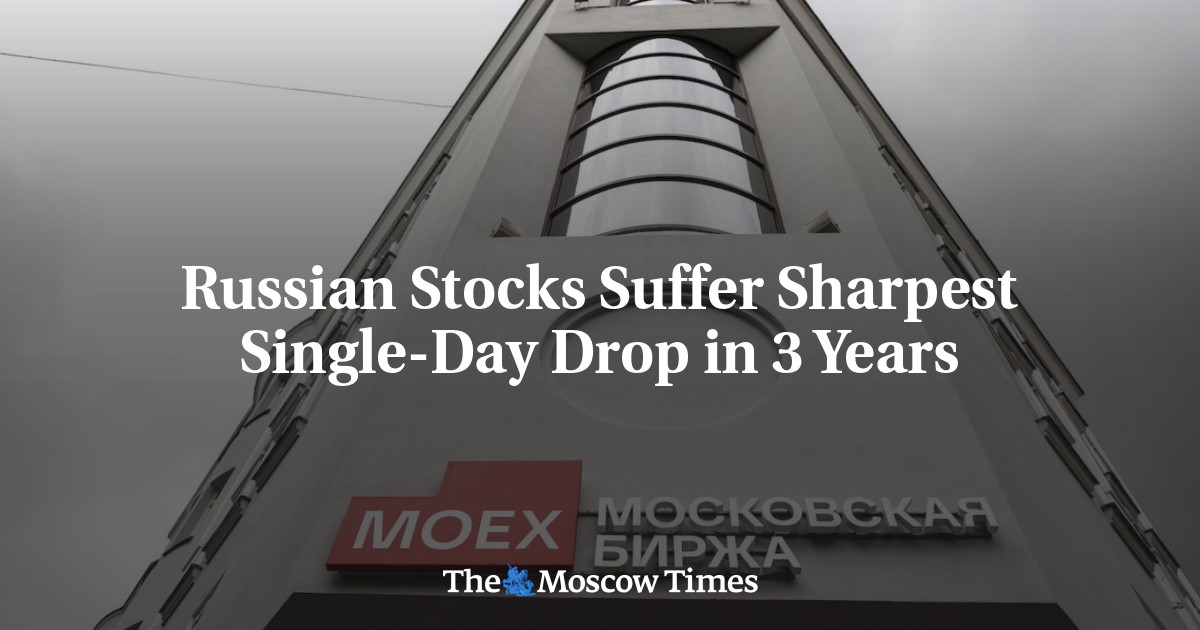
Have you heard the shocking news? Russia’s stock market just experienced its steepest decline in three years, and it’s all tied to the faltering hopes for peace in Ukraine. As tensions rise, investors are left reeling from this stark reality.
On Wednesday, the Moscow Exchange (MOEX) Index, which tracks the performance of 40 of Russia's largest publicly traded companies, plunged by 4.05%, closing at 2,563.3 points. This marks its lowest level since December 2024 and the steepest single-day drop since September 2022.
In this chaotic plunge, major players took a hit: shares of Gazprom slid by 4.1%, Sberbank fell by 4.9%, VTB by 4.7%, and Rosneft dropped by 2.5%. Severstal and Aeroflot saw their stocks nosedive nearly 5%, while Rostelecom, Inter RAO, and Magnitogorsk Iron & Steel Works suffered losses exceeding 5%. The hardest hit was Mechel, with a staggering 6.7% drop!
According to Yaroslav Kabakov, the strategy director at Finam, “Geopolitical tensions continue to pressure investors.” The selloff accelerated after Deputy Foreign Minister Sergei Ryabkov commented that the previous momentum towards a peace agreement has “been exhausted.” His statements painted a bleak picture of Moscow's relationship with Washington, claiming that the “structure” of their relations is “collapsing” without any signs of rebuilding ties.
Even President Putin, in a meeting with senior military officials, reaffirmed that their objectives remain unchanged: to ensure the “unconditional achievement of all goals of the special military operation.” This kind of rhetoric only adds to the uncertainty that investors feel.
After a period of inflated expectations where the stock market seemed to flourish, analysts from PSB Bank stated, “a wave of pessimism has washed over investors.” The MOEX index has plummeted for five consecutive weeks, losing over 22%—equivalent to a jaw-dropping 1.3 trillion rubles ($15.9 billion)—in market capitalization since February, when Putin and Trump had their first phone call following Trump's inauguration.
Extended declines in the stock market often signal deeper economic trouble, and Andrei Khokhrin, CEO of Ivolga Capital, warns that Russia's economy, once buoyed by massive military spending, is now showing signs of slowing. GDP growth has nearly stalled, with only a 0.4% year-on-year increase in July and August.
As if that wasn’t enough, civilian industries are struggling—output in clothing is down 9.1%, furniture is off by 12.7%, food is down 2.1%, and metals have dropped by 8.4%, according to Khokhrin. To top it off, the World Bank recently slashed its forecast for Russia’s economy, predicting a meager growth of only 0.9% in 2025, 0.8% in 2026, and just 1% in 2027.














